Description
مميزات المنتج:
| أوسيسنت |
: اسم المنتج |
| أوسيميرتينيب |
: الاسم العام |
| Incepta Pharma Ltd |
: الشركة المصنعة |
| سرطان الرئة ذو الخلايا غير الصغيرة |
: إشارة |
| الكمبيوتر اللوحي |
: صياغة |
| 80 ملغ و 40 ملغ |
: قوة |
| 30 قرص |
: كمية |
| أقل من 30 درجة |
: تخزين |
| التصدير فقط |
: التسجيلات |
أوسيـسـينت 80 مجم (أوسيـمـرتينيب) هو مثبط كيناز لمستقبل عامل نمو البشرة (EGFR)، يرتبط بشكل لا رجعة فيه بأشكال معينة من طفرات EGFR (T790M، L858R، وحذف الإكسون 19) بتركيزات أقل بحوالي 9 مرات مقارنة بالـ EGFR البري. في خلايا مزروعة ونماذج زراعة الأورام الحيوانية، أظهر أوسيـمـرتينيب نشاطًا مضادًا للأورام ضد خطوط سرطان الرئة غير صغير الخلايا (NSCLC) الحاملة للطفرات في EGFR (T790M/L858R، L858R، T790M/حذف الإكسون 19، وحذف الإكسون 19) وبدرجة أقل ضد التضاعف الطبيعي لمستقبل EGFR البري.
المؤشرات:
يُستخدم أوسيـمـرتينيب كعلاج لمريضات سرطان الرئة غير صغير الخلايا (NSCLC) المتنقل والذين لديهم طفرة T790M في جين مستقبل عامل نمو البشرة (EGFR)، كما يتم اكتشافها باستخدام اختبار معتمد من إدارة الغذاء والدواء الأمريكية (FDA). يُعطى للمرضى الذين تقدم لديهم المرض أو تفاقم بعد العلاج بمثبطات كيناز التيروزين (TKI) الخاصة بـ EGFR.
الآثار الجانبية:
- مرض الرئة الخلالي (ILD)/الالتهاب الرئوي: يحدث في 3.3% من المرضى، ويجب إيقاف الدواء بشكل دائم في حالة تشخيص المرض.
- تمديد فترة QTc: يجب مراقبة تخطيط القلب (ECG) ومستويات الإلكتروليتات في المرضى الذين لديهم تاريخ أو ميل لتمديد فترة QTc، أو أولئك الذين يتناولون أدوية معروفة بإطالة هذه الفترة. ينبغي إيقاف العلاج ثم استئنافه بجرعة منخفضة أو إيقافه نهائيًا.
- اعتلال عضلة القلب: حدث في 1.4% من المرضى، ويجب تقييم الكسر القذفي للبطين الأيسر (LVEF) قبل العلاج ثم كل 3 أشهر بعد ذلك.
الآثار الجانبية
أكثر الآثار الجانبية شيوعًا (>20%) التي لوحظت في المرضى الذين تلقوا علاج أوسيـمـرتينيب كانت:
- الإسهال (42%)
- الطفح الجلدي (41%)
- جفاف الجلد (31%)
- سمية الأظافر (25%)
أكثر الآثار الجانبية التي أدت إلى تقليل الجرعة أو توقف العلاج كانت:
- إطالة فترة QTc في تخطيط القلب (2.2%)
- قلة العدلات (1.9%)
الآثار الجانبية الخطيرة التي تم الإبلاغ عنها في 2% أو أكثر من المرضى كانت:
- الالتهاب الرئوي
- الانصمام الرئوي
تفاعلات الأدوية
مثبطات CYP3A القوية:
يجب تجنب إعطاء أوسيـمـرتينيب مع مثبطات CYP3A القوية، بما في ذلك:
- المضادات الحيوية من نوع ماكروليد (مثل التيلثروميسين)
- مضادات الفطريات (مثل الإيتراكونازول)
- مضادات الفيروسات (مثل الريتونافير)
- نيفازودون
لأن الاستخدام المتزامن قد يزيد من تركيزات أوسيـمـرتينيب في البلازما. إذا لم يكن هناك بديل آخر، يجب مراقبة المرضى بشكل أكثر دقة بحثًا عن الآثار الجانبية.
محفزات CYP3A القوية:
يجب تجنب إعطاء أوسيـمـرتينيب مع محفزات CYP3A القوية، مثل:
- الفينيتوين
- الريفامبيسين
- الكاربامازيبين
- نبتة سانت جون
لأن محفزات CYP3A القوية قد تقلل من تركيزات أوسيـمـرتينيب في البلازما.
For more Oncology medicine, visit our SHOP
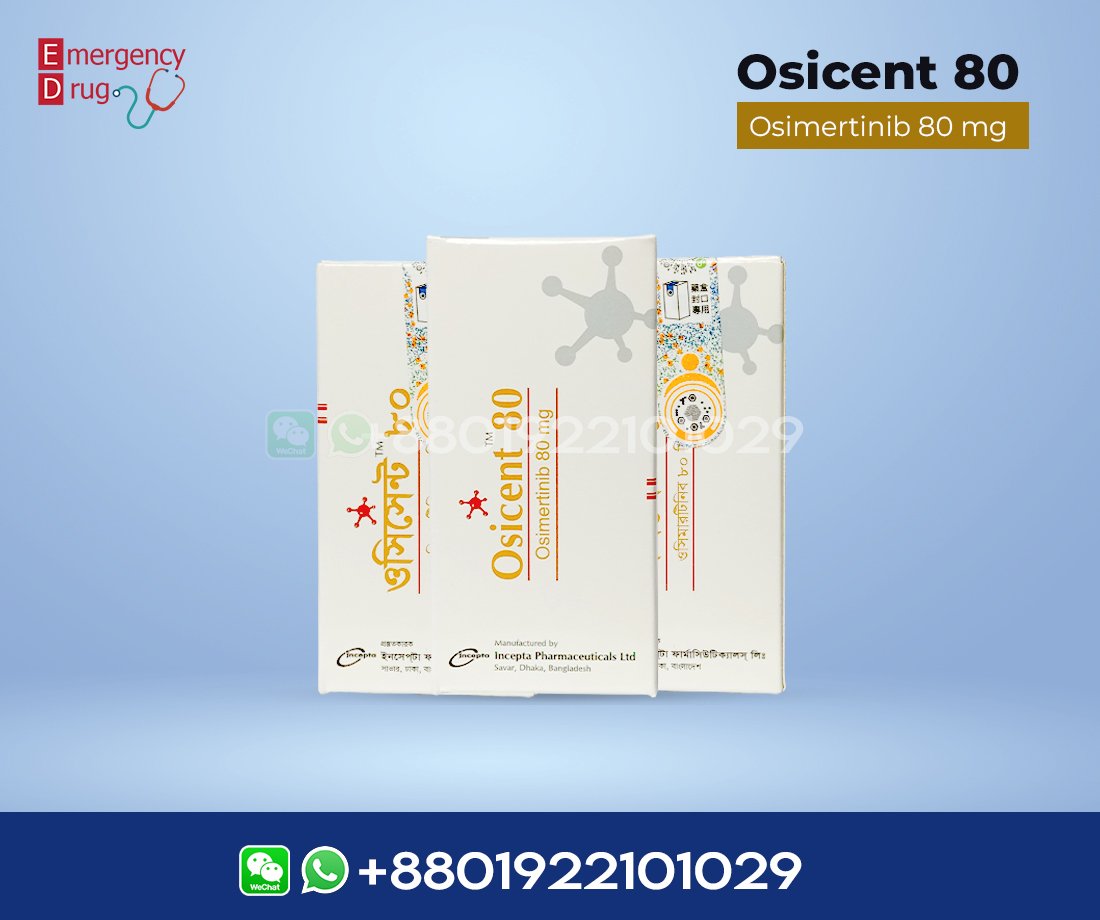



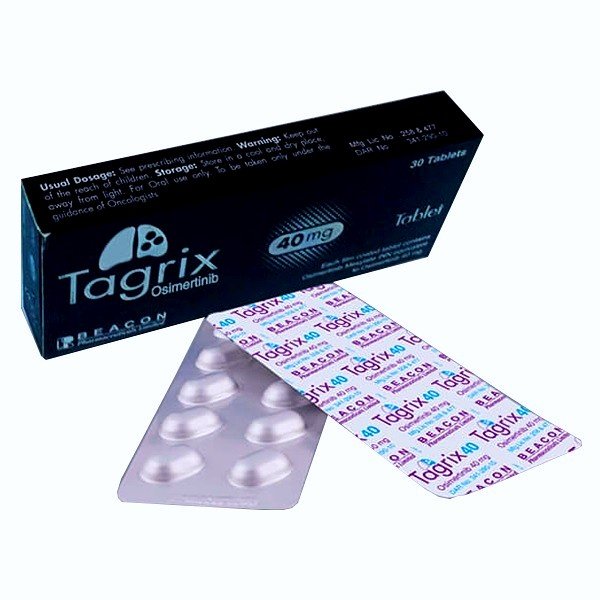
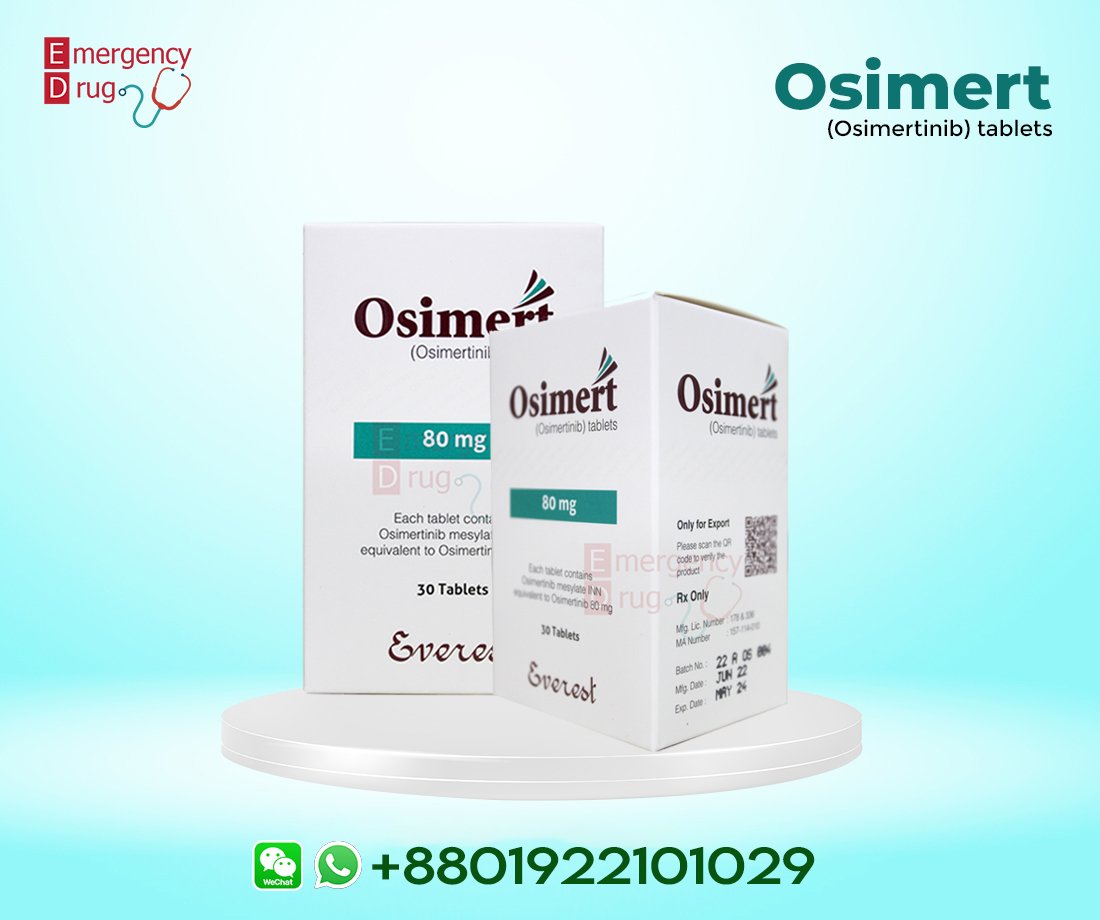
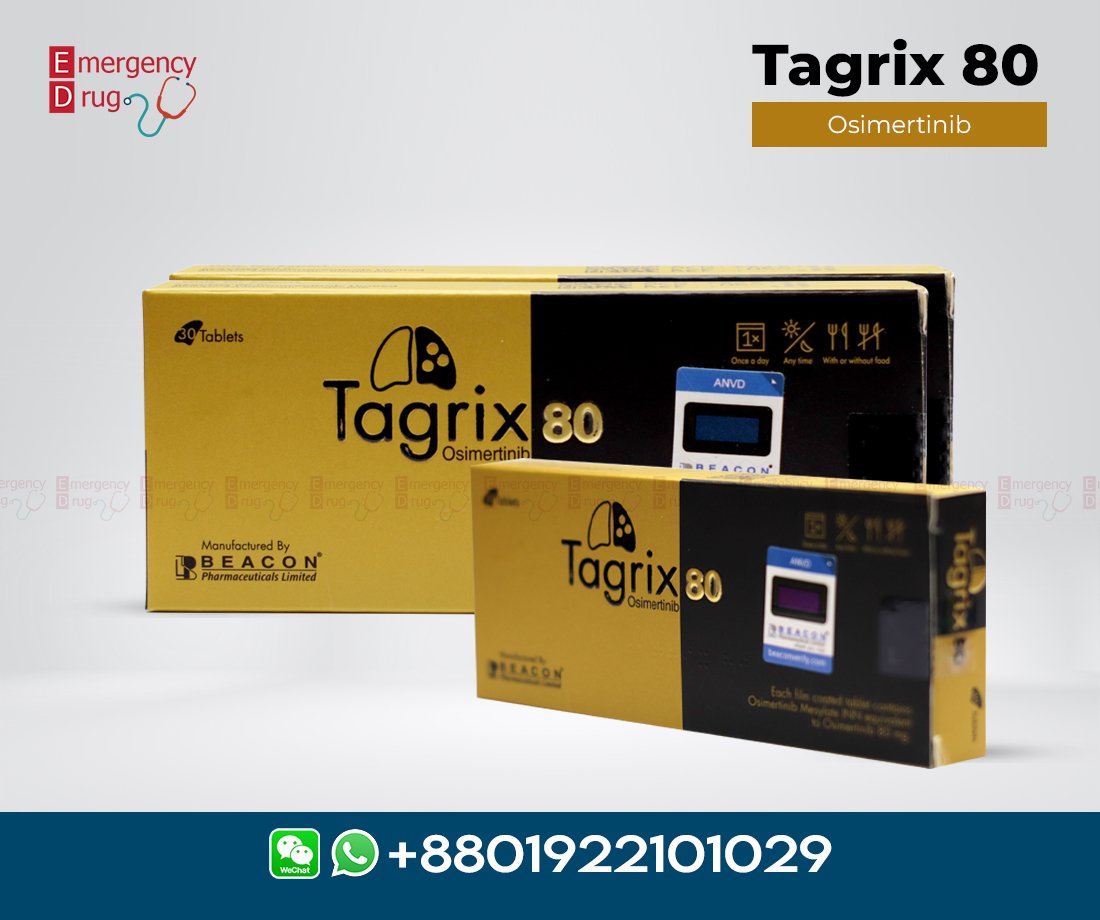




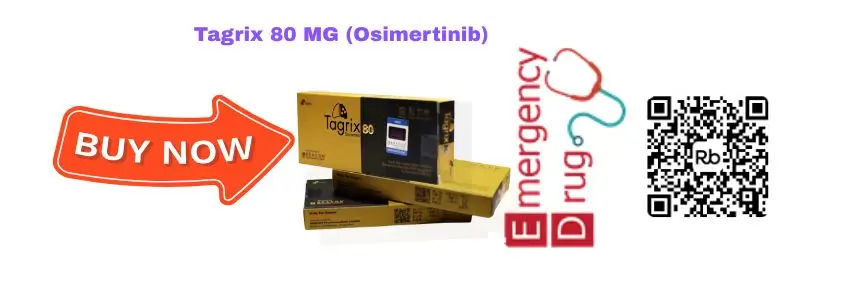
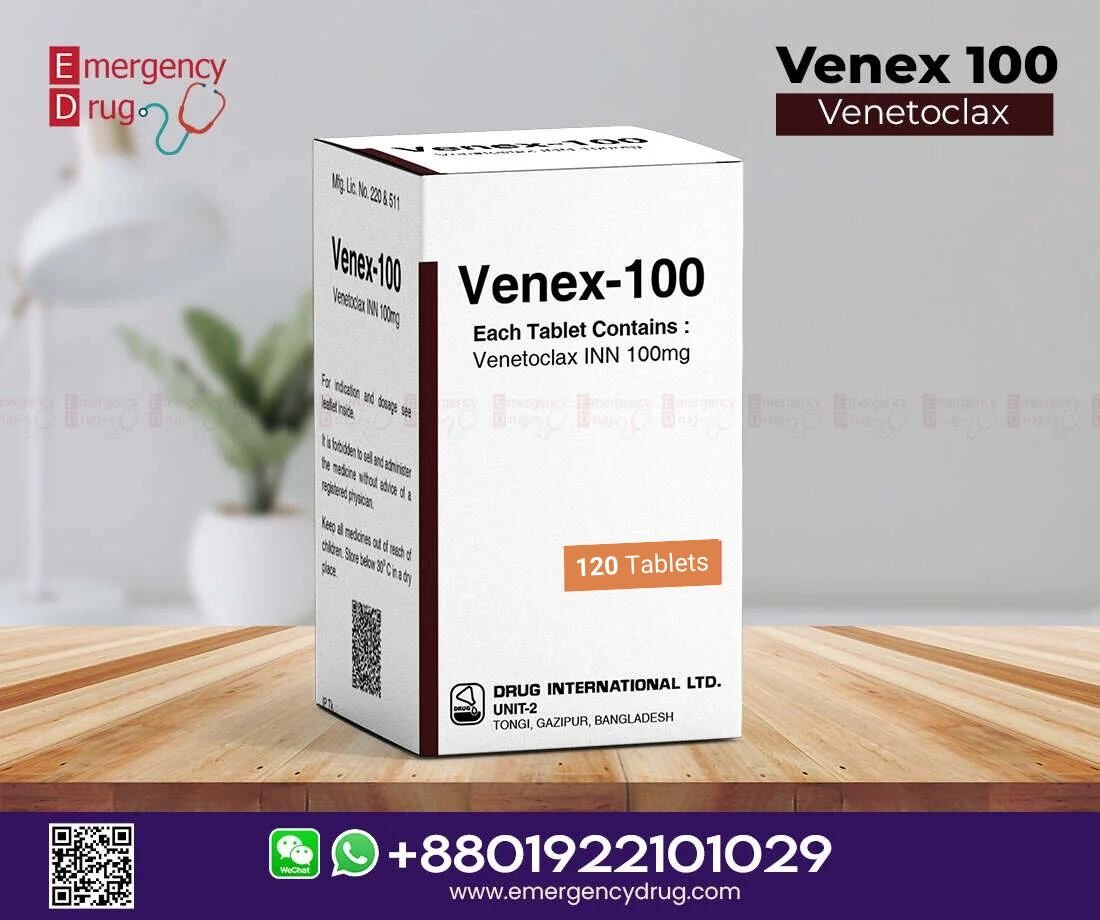


Reviews
There are no reviews yet.